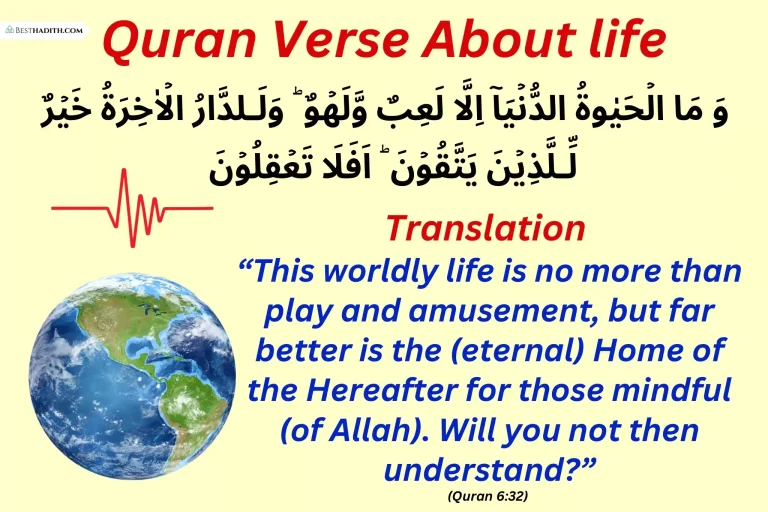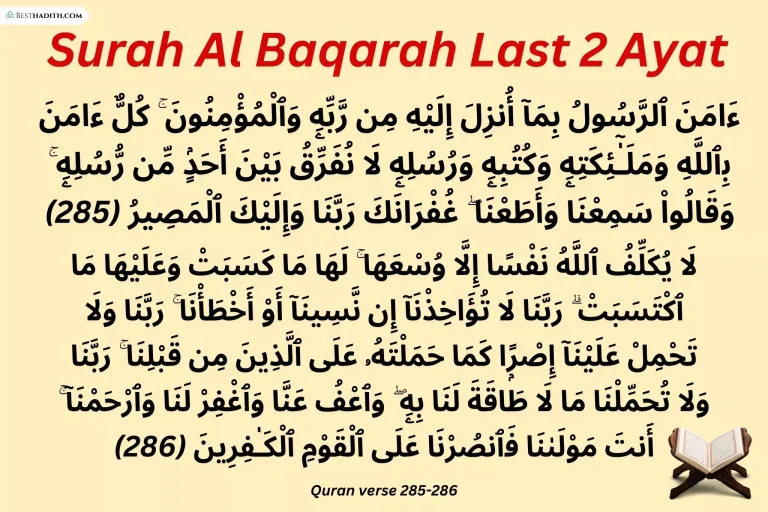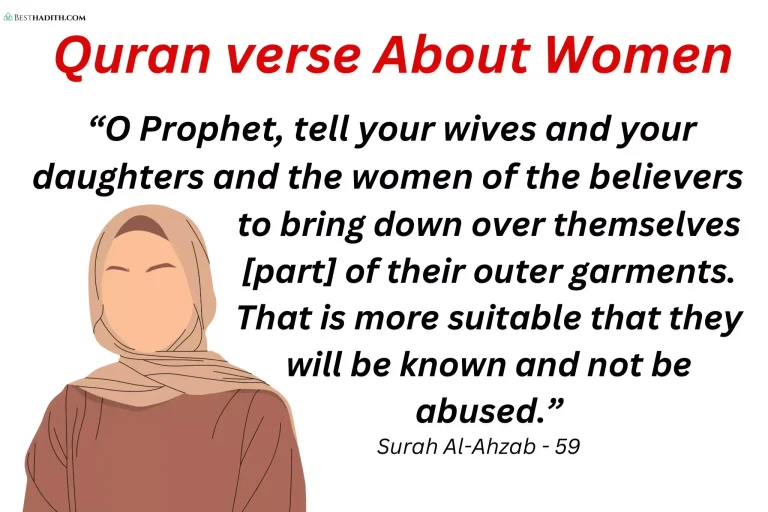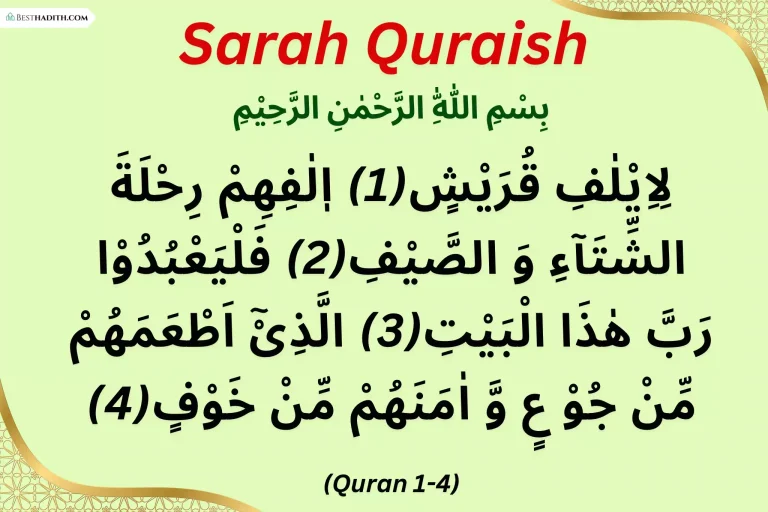Charity In Islam | Sadaqah And Its Importance
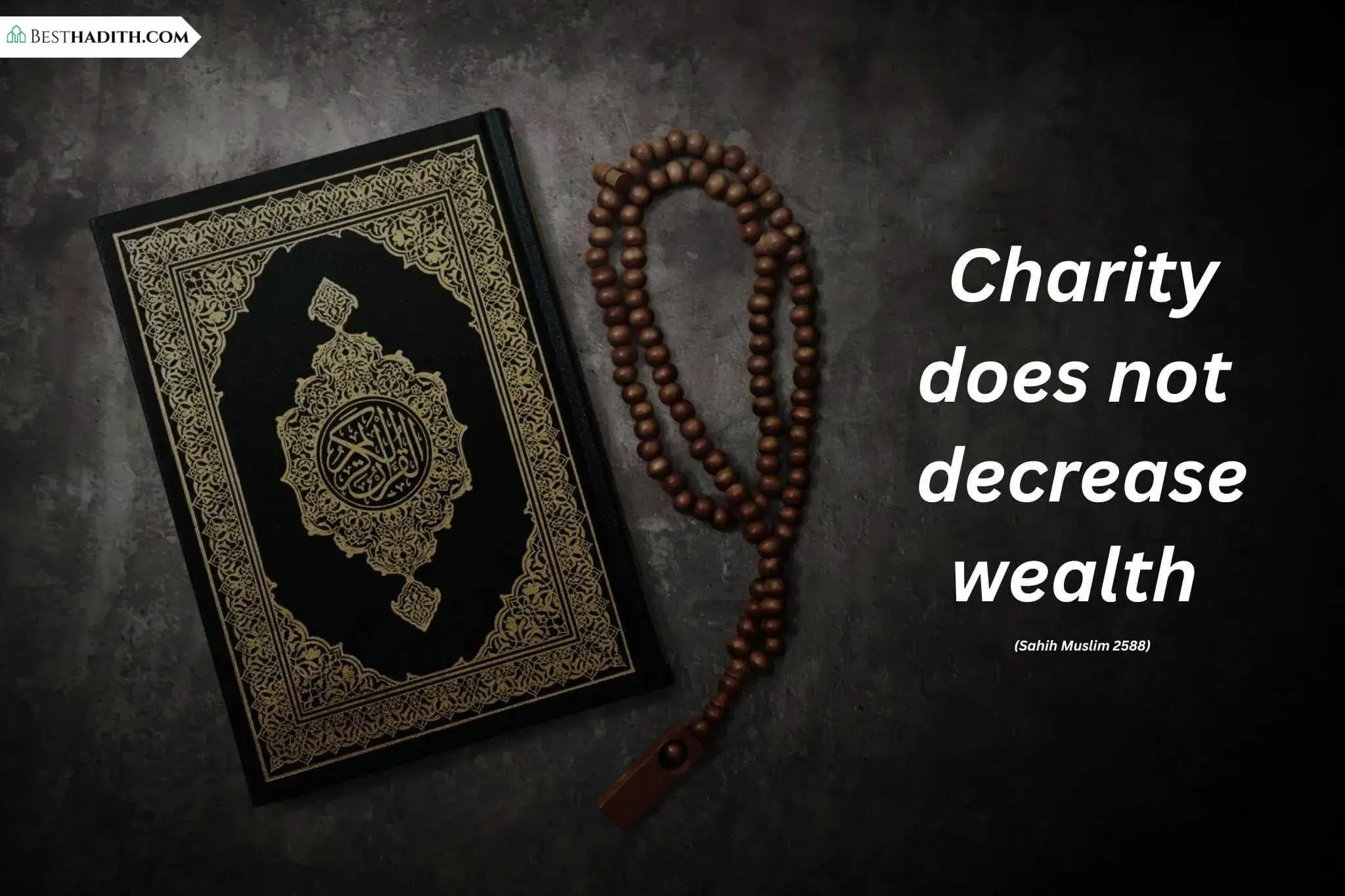
Charity In Islam, giving is a big deal, and is called Sadaqah. It’s all about being kind and selfless, showing generosity and compassion. The Quran says to do it, helping out folks in need and making your heart feel pure. It’s like a good deed that brings people together, showing kindness and responsibility in our community.
Is There Charity in Islam?
Yes, there is the concept of charity in Islam. It is a compulsory act of worship for all Muslims.
What Is the Meaning of Charity according to Islam?
Charity in Islam is more than just giving away money. It is a way of purifying your wealth, seeking the pleasure of Allah, and helping those in need. When you give charity in Islam, you are not only helping others, but you are also helping yourself.
What does Allah say in the Qur’an verses about Sadaqah (Charity)?
Allah says:
“Who is it that would loan Allah a goodly loan so He may multiply it for him many times over? And it is Allah who with holds and grants abundance, and to Him you will be returned”
Surah Al-Baqarah (2:245)
We find here a beautiful concept of giving a “goodly loan” to Allah. This concept is closely related to the forms of charity in Islam, including Zakat and Sadaqah.
In Surah Al-Baqarah (2:261): “The example of those who spend their wealth in the Way of Allah is like that of a grain which grows seven spikes and in each spike, there are a hundred grains. Thus Allah multiplies the action of whomsoever He wills. Allah is Munificent, All-Knowing.”
This verse illustrates the concept of multiplication of rewards for those who give in charity, emphasizing the generosity and abundance of Allah’s rewards for sincere acts of kindness and charity.
Types of Sadaqah
In Islam, there are many types but two main types of Sadaqah as told by the Holy Prophet.
Sadaqah al-Fitr
This is also known as Zakat al-Fitr, and it’s a mandatory form of charity given by Muslims during the holy month of Ramadan, typically just before the Eid al-Fitr festival. It’s meant to purify the fast and help those in need. The amount is fixed, and it’s intended to ensure that even the less fortunate can join in the celebrations of Eid. Sadaqatul Fitr is an essential part of Ramadan, and it’s given to support those who are less fortunate in the Ummah.
Sadaqah al-Jariyah
This is a voluntary, ongoing charity that provides continuous benefits. It includes acts like building a well, a school, a hospital, or any charitable project that keeps giving back to the community or people over time. Charity does not decrease wealth; in fact, it’s often accompanied by the saying “lillah,” meaning for the sake of Allah. This type of charity is different from Zakat, which is obligatory and has specific rules, while Sadaqah is voluntary and can be given at any time to help those in need.
What Happens When You Give Charity?
When you give charity in Islam, you are not only helping those in need, but you are also purifying your wealth and aiming for the pleasure of Allah.
Islamic Stories About Charity
There are multiple stories about charity in Islam. One well-known story is about the Prophet Muhammad (ﷺ) and his companion Abu Dharr al-Ghifari. One day, Abu Dharr came to the Prophet and asked him about the best form of charity. The Prophet replied, “The best form of charity is that which is given when you are healthy and wealthy, and when you are afraid of poverty and cheapness.”
Another story is about the Prophet’s (ﷺ) wife Khadija bint Khuwaylid. She was a wealthy woman who was known for her charity. She used her wealth to support the early Muslims and to help the poor and needy.
Voluntary Charity In Islam
In addition to critical charity, there are also many forms of voluntary charity in Islam. Some examples include:
- Sadaqah: This is any type of voluntary charity, such as giving money, food, or clothing to the poor and needy.
- Waqf: This is a charitable endowment that is dedicated to a specific purpose, such as building a mosque or school.
- Qurbani: This is the sacrifice of a halal animal on the occasion of Eid al-Adha. The meat of the sacrificed animal is then distributed to the poor and needy.
Ways of Giving Charity

There are many ways to give charity in Islam. Some examples include:
- Giving money to a mosque or other Islamic organization.
- Donating food, clothing, or other essential items to the poor and needy.
- Volunteering your time to help a charity or non-profit organization.
- Creating a waqf, or charitable endowment.
- Sacrificing an animal on Eid al-Adha.
Wealth and Charity Relation In Islam
Wealth is seen as a blessing from Allah in Islam. Muslims are encouraged to use their wealth to help others and to seek the pleasure of Allah. The Quran states, “And spend in [the cause of] Allah from what He has given you in trust, and do not throw yourselves into destruction with your own hands” (2:263).
What Does Charity Mean in the Five Pillars of Islam?
Charity is one of the five pillars of Islam, which are the five essential practices of the faith. The other pillars are the Shahadah (testimony of faith), the Salah (prayer), the Sawm (fasting during Ramadan), and the Hajj (pilgrimage to Mecca).
What Is Charity in Islamic Banking?
Charity in Islamic banking refers to the different ways that Islamic banks support charitable causes. This can include donating money to charities, providing financing for social development projects, and offering financial products and services that are designed to help the poor and needy.
What Is the Best Form of Charity?
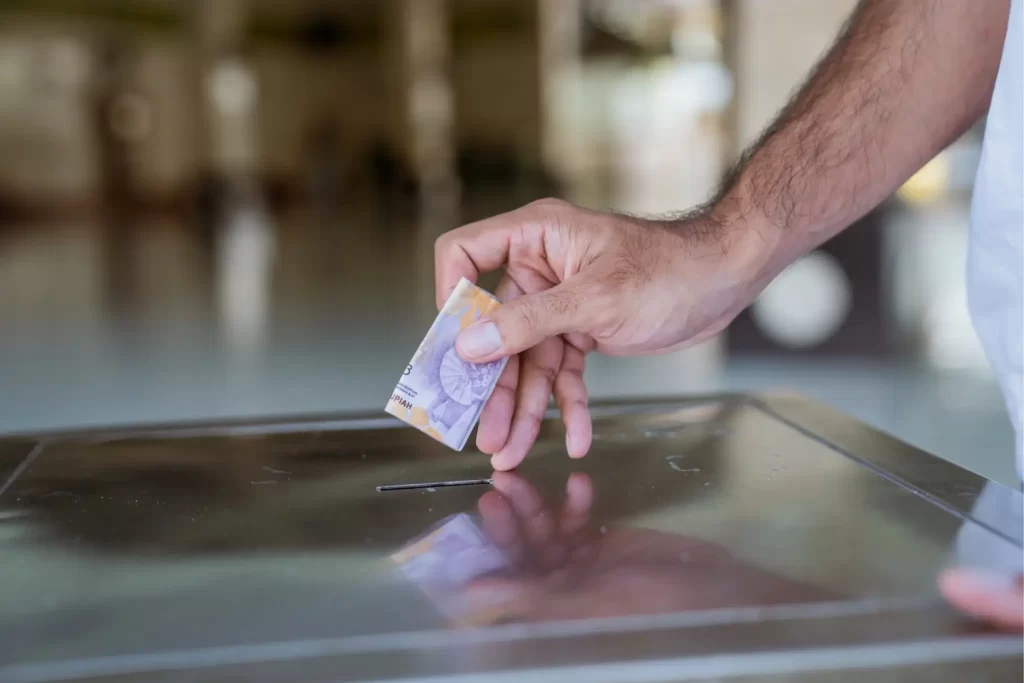
The best form of charity as stated by the Quran is, “Those who spend their wealth by night and by day, secretly and publicly, have their reward with their Lord. On them shall be no fear, nor shall they grieve” (2:274).
What Counts as Charity?
Anything that is beneficial to others can be counted as charity in Islam. This includes giving money, food, clothing, shelter, education, and medical care. It also includes volunteering your time to help others.
The Best Charity in Islam
It is the one that is given with the purest intention and that is most beneficial to others. Some examples of the best charities include:
- Giving to the poor and needy, especially those who are struggling to meet their basic needs.
- Giving to orphans and widows.
- Giving to education and healthcare programs.
- Giving to build mosques and other Islamic institutions.
- Giving to support the cause of Islam.
What Is the Reward for Charity in Islam?
The reward for charity in Islam is great. The Quran states, “Those who spend their wealth in the cause of Allah are like a grain of corn that.
Benefits Of Giving Sadaqah
Spiritual Reward: Giving sadaqah results in valuable spiritual rewards, deepening your faith, and earning goodwill with Allah.
Strengthening Faith: Contributing to charity with a pure heart and sincere intentions strengthens your faith.
Pleasing Allah: Acts of sadaqah please Allah and demonstrate your devotion to Him.
Practice of Sadaqah Charity: It’s a way to practice the concept of sadaqah charity, which is voluntary giving for the sake of Allah.
Abundant Rewards: The verse in Surah Al-Baqarah encourages generosity, promising abundant rewards and benefits both in this life and in the Hereafter.
Importance of Charity: It serves as a reminder of the importance of charity in Islam.
Giving Without Expecting Worldly Gains: It emphasizes the act of giving without expecting material returns.
Ultimate Return to Allah: The verse highlights that our deeds, including acts of sadaqah, will be taken into account in the Hereafter
Conclusion:
Sadaqah is a powerful act of worship that can have a profound impact on our lives and the lives of those around us. It is a way to show our love for Allah and to follow the example of the Prophet Muhammad (peace be upon him).
When we give sadaqah with a sincere heart and for the sake of Allah alone, we are rewarded both in this life and in the Hereafter. In this life, sadaqah can help to purify our hearts and souls, strengthen our faith, and bring us closer to Allah. It can also help to improve our relationships with others and make the world a better place.
In the Hereafter, sadaqah is one of the deeds that will be weighed on the Day of Judgment. Those who give sadaqah will be among those who are admitted into Paradise.
Also Read: What Prophet Muhammad (ﷺ) says in his Hadith about Charity


